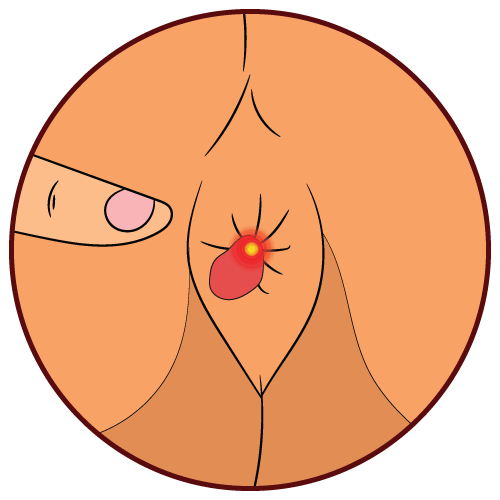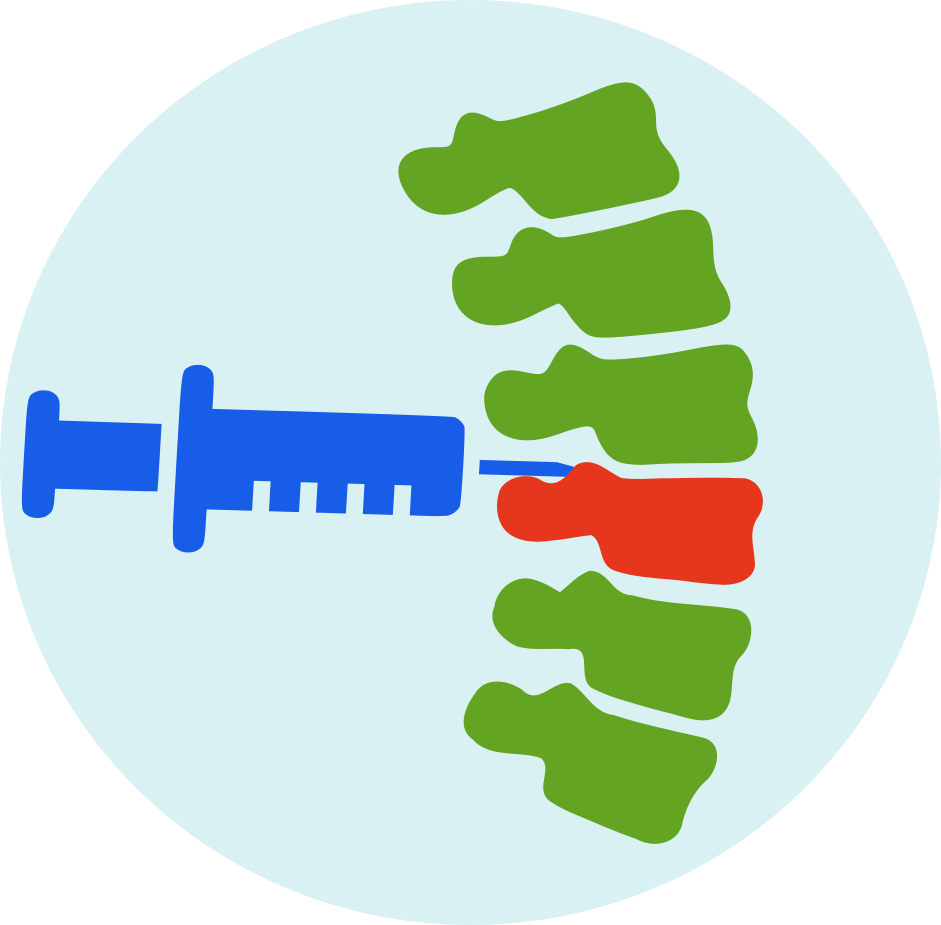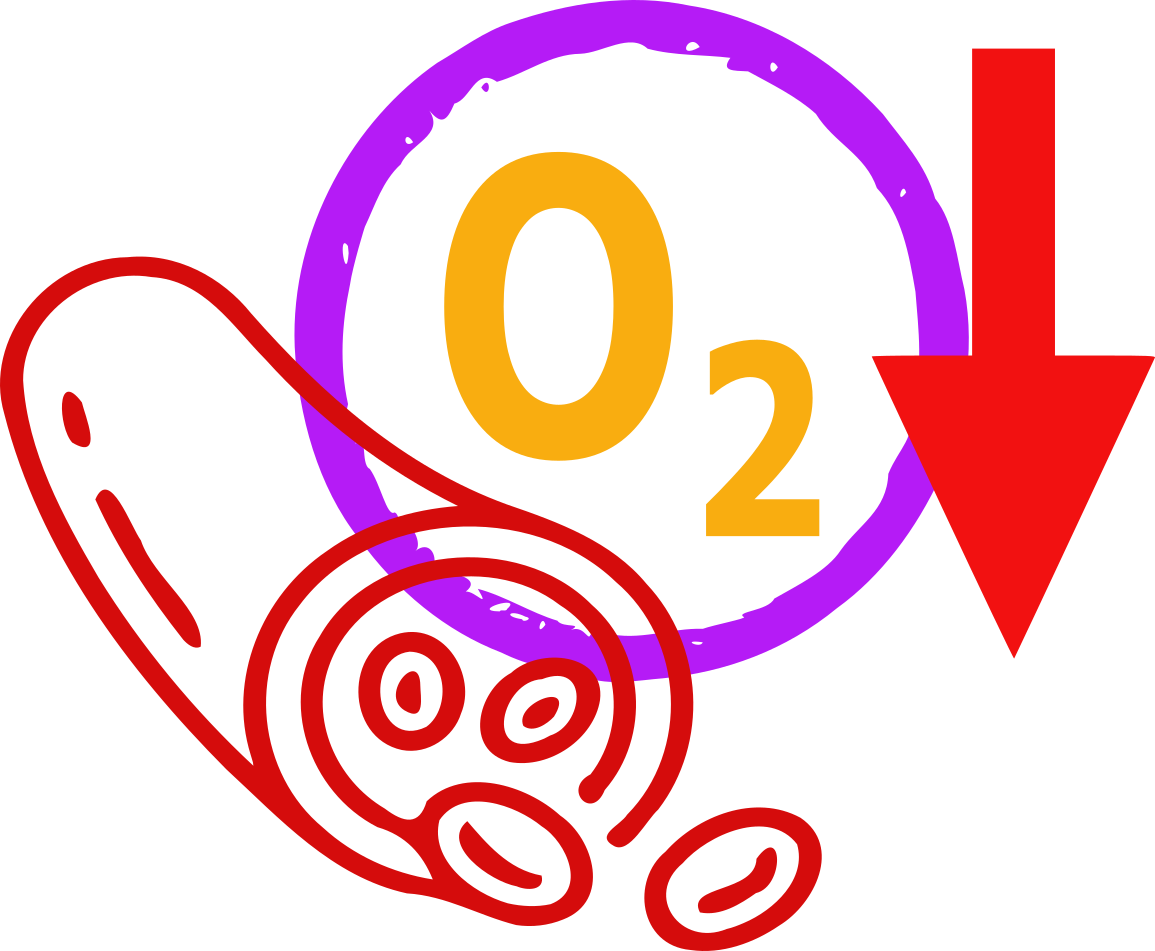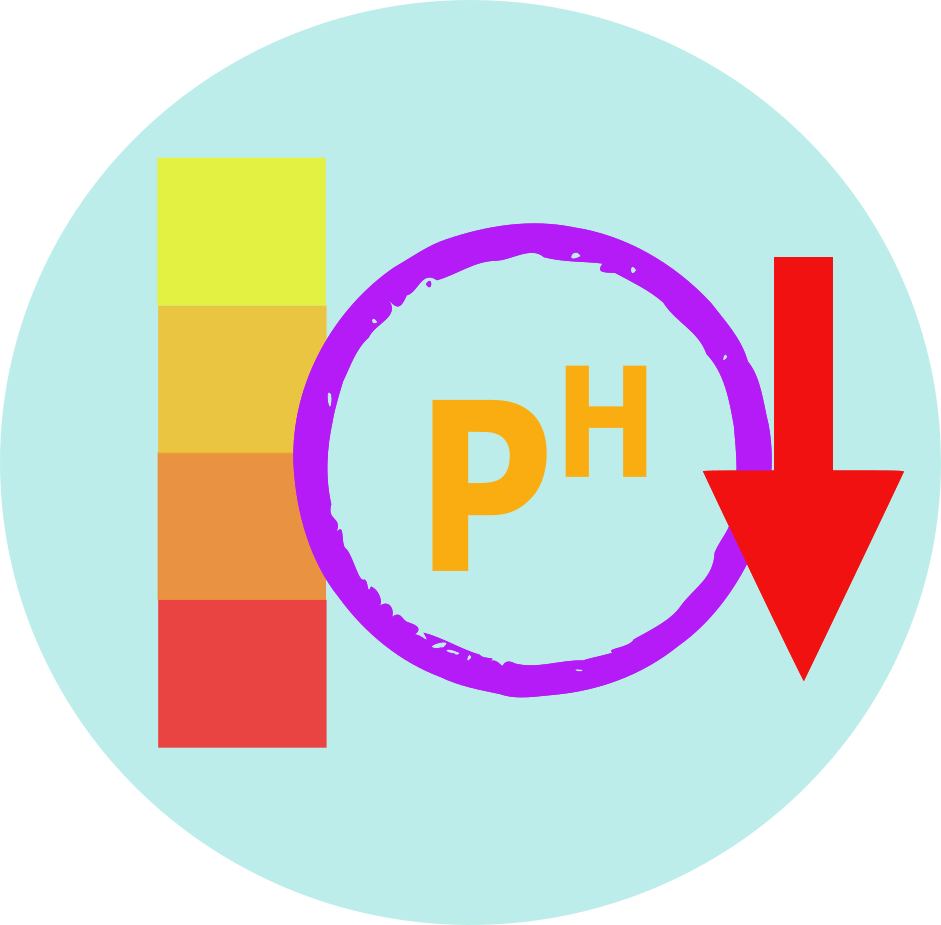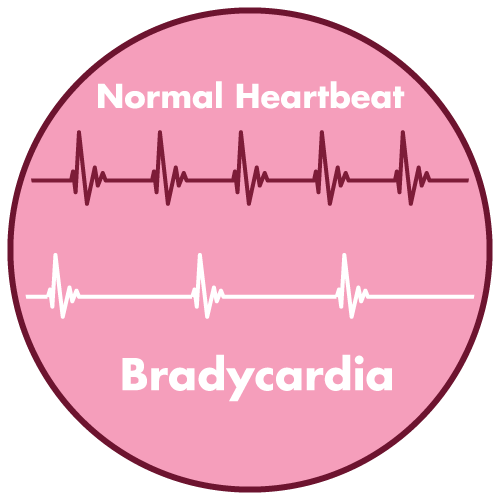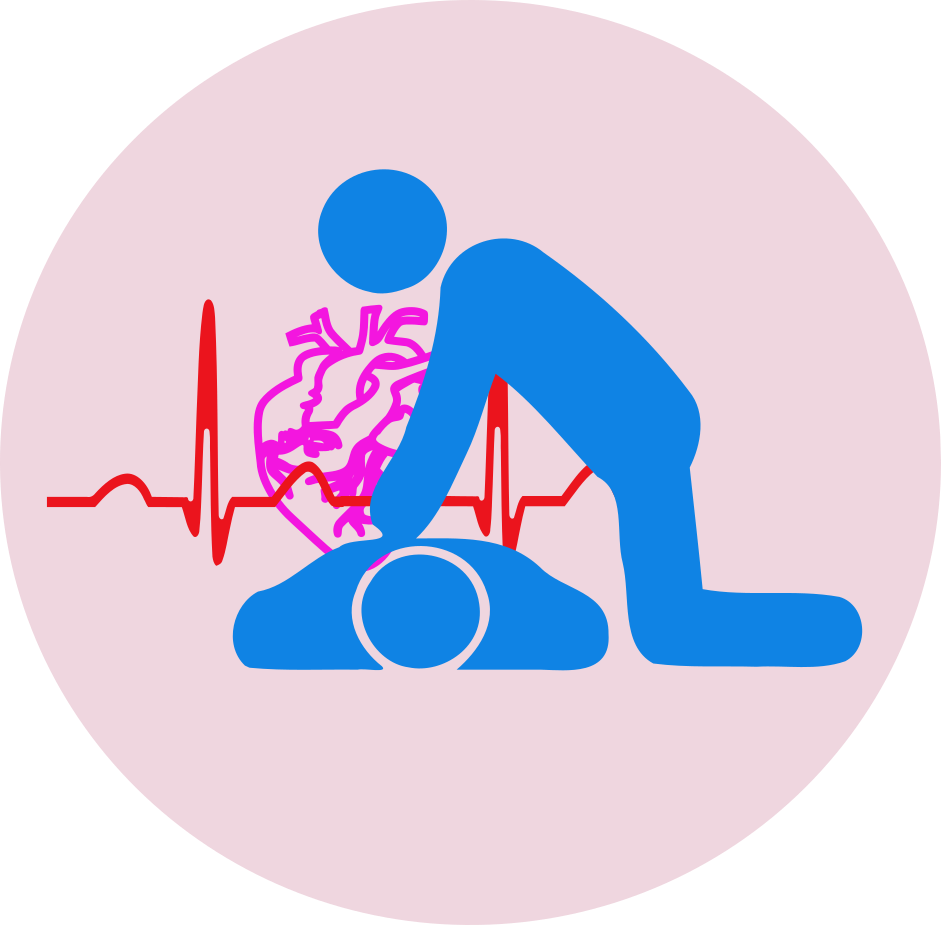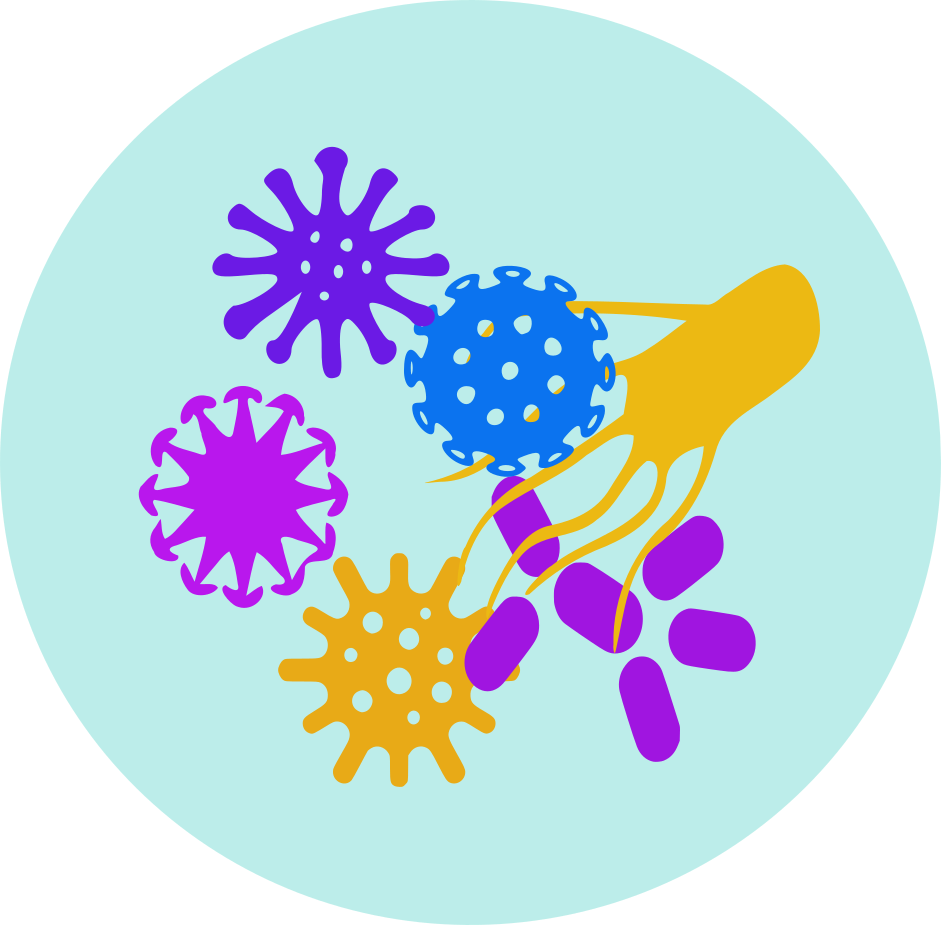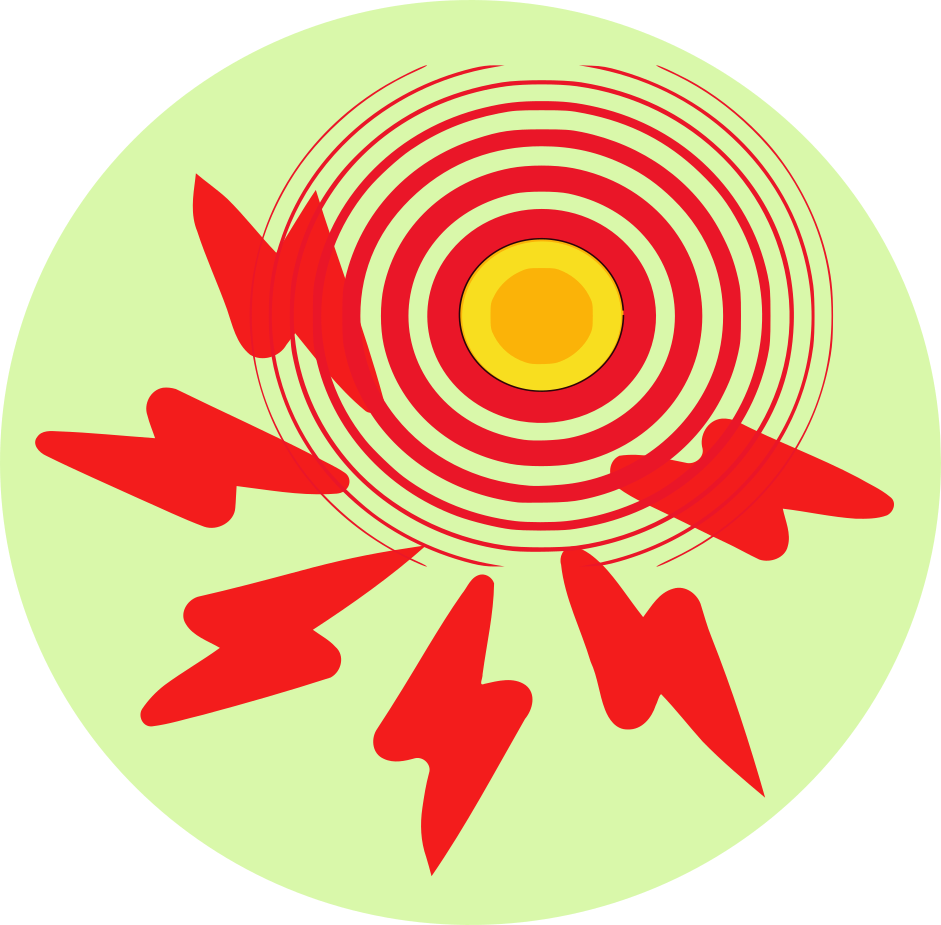| Name | Cinchocaine Hydrochloride |
| Classes |
Dermatological/Topical Agent Anesthetic Local Anesthetic |
| Diseases |
Cinchocaine Hydrochloride
Cinchocaine Hydrochloride is a local anesthetic of the amide type. Cinchocaine diffuses into nerve cells, where it binds to sodium channels, preventing them from opening and blocking sodium ion influx. Nerve cells that are unable to allow sodium into their cells are unable to depolarize and conduct nerve impulses.
Cinchocaine is a highly potent and toxic local anesthetic. It is only used in some topical anorectal preparations and in spinal or caudal blockade for surgery. Cinchocaine HCl is indicated in the following conditions-
- Hemorrhoids (topical)
- Spinal anesthesia
As topical anesthesia: Adults can use up to 1% cream or ointment topically, or as advised by their doctor.
Cinchocaine can be highly toxic. Following reactions are reported with the use of cinchocaine-
- convulsions
- hypoxia
- acidosis
- bradycardia
- arrhythmias
- cardiac arrest
- While anesthetic is present, do not rub or touch the eye.
- Avoid using it for long periods of time or on large areas.
- Precaution is advised in Lactation and pregnancy.
Contraindication
- Contraindicated in patients hypersensitive to cinchocaine or other local anesthetics, such as-
None known.
Do not apply cinchocaine HCl in-
- Active infection
- Inflammation
- damaged skin mucosa
 Bangla
Bangla English
English